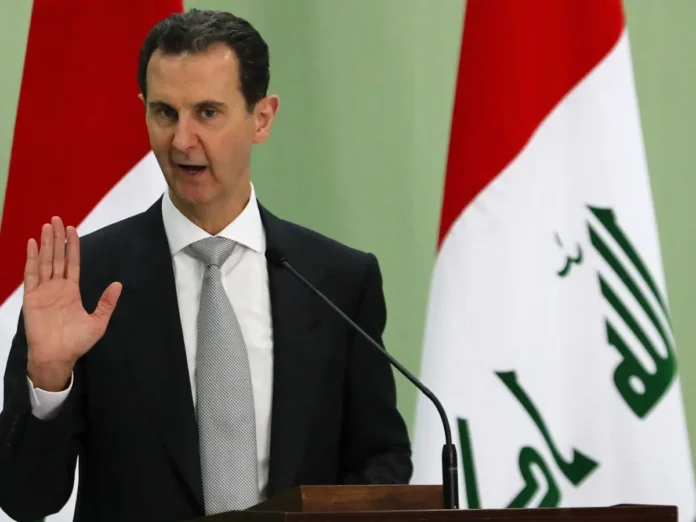Authors: Navvar Saban, Baraa Khurfan
Affiliations: Omran Center for Strategic Studies
Organization/Publisher: Politics Today
Date/Place: April 1, 2022/Turkey
Type of Literature: Analysis
Word Count: 1605
Link: https://politicstoday.org/normalizing-with-the-assad-regime-syria-uae-arab-league/
Keywords: Syria, UAE, Bahrain, Saudi Arabia, Russia, Egypt, Qatar
Brief
In this analysis, the authors examine the change in regional policies toward the Syrian regime. When the Syrian government first targeted its own civilians, the Arab League led by Qatar became distant from Syria. However, this approach started changing gradually; Egypt was the first country to resume its relationship out of security concerns, regardless of other Arab League countries’ positioning. Although Egypt hasn’t fully normalized relations, it sees the Syrian opposition as a proxy for Turkey, and so a stable Syrian regime has been seen as a more reliable ally since Egypt relies on military governments and Egypt’s political objective prefers working with the military. After Russian intervention in 2015, the UAE’s foreign policy has prioritised Syria; and after reopening its embassy alongside Bahrain in Damascus, the normalisation process has begun due to economic and political concerns. The UAE specifically aims to take part in reconstruction in Syria. Jordan on the other hand, even though it hasn’t cut ties entirely, has reopened its border after the Syrian opposition lost its control over Southern Syria in 2018. Bashar al-Assad’s 2022 visit to UAE, which is his first visit after the uprising, can be analysed as an economic concern for both parties. A phone call between King Abdullah and Assad in 2021 seems to show that Jordan has normalised its relations, since the Arab gas pipeline is essential for his Kingdom’s economy and his ambitions to become an energy hub in the region. Furthermore, stability and security coordination along its border is needed for the sake of trade. This new approach, which is called by the author ‘changing the regime’s behaviour ’rather than pressuring to change the regime, has approval from the Biden administration—in other words, perceiving the status-quo in Syria as a reality. Finally, for Syria to return to the Arab League still has not been discussed with Kuwait, and since Doha and Riyadh haven’t yet indicated any change in their policies toward the Syrian Regime, it is unknown how these different approaches could determine Syria’s return to regional politics.
By: Cemile Cengiz, CIGA Research Assistant




